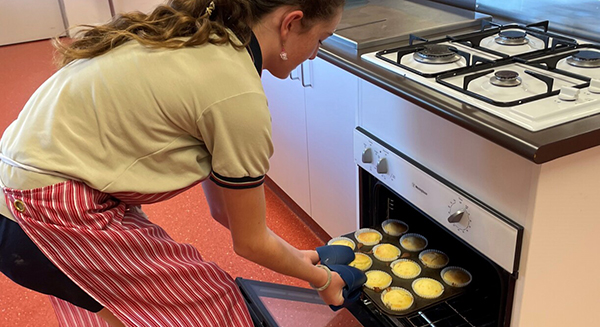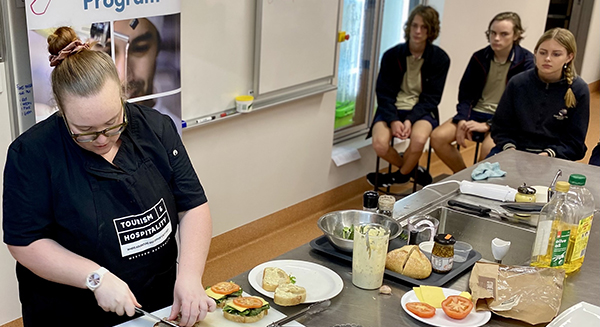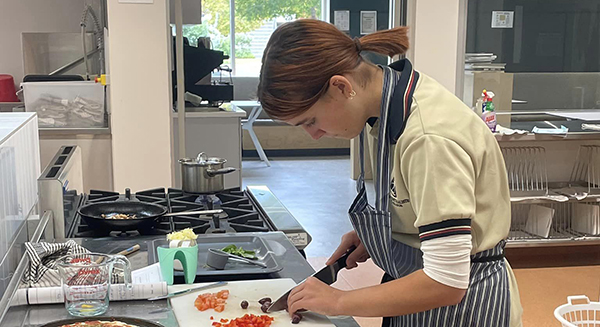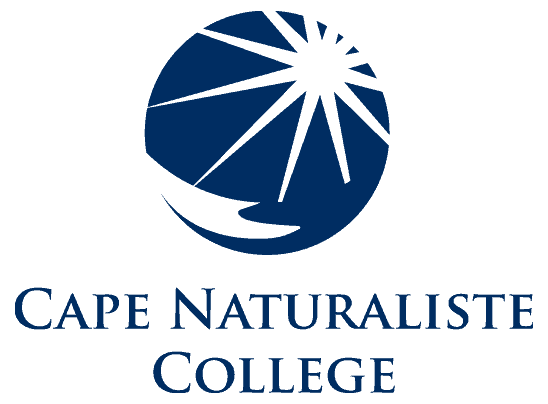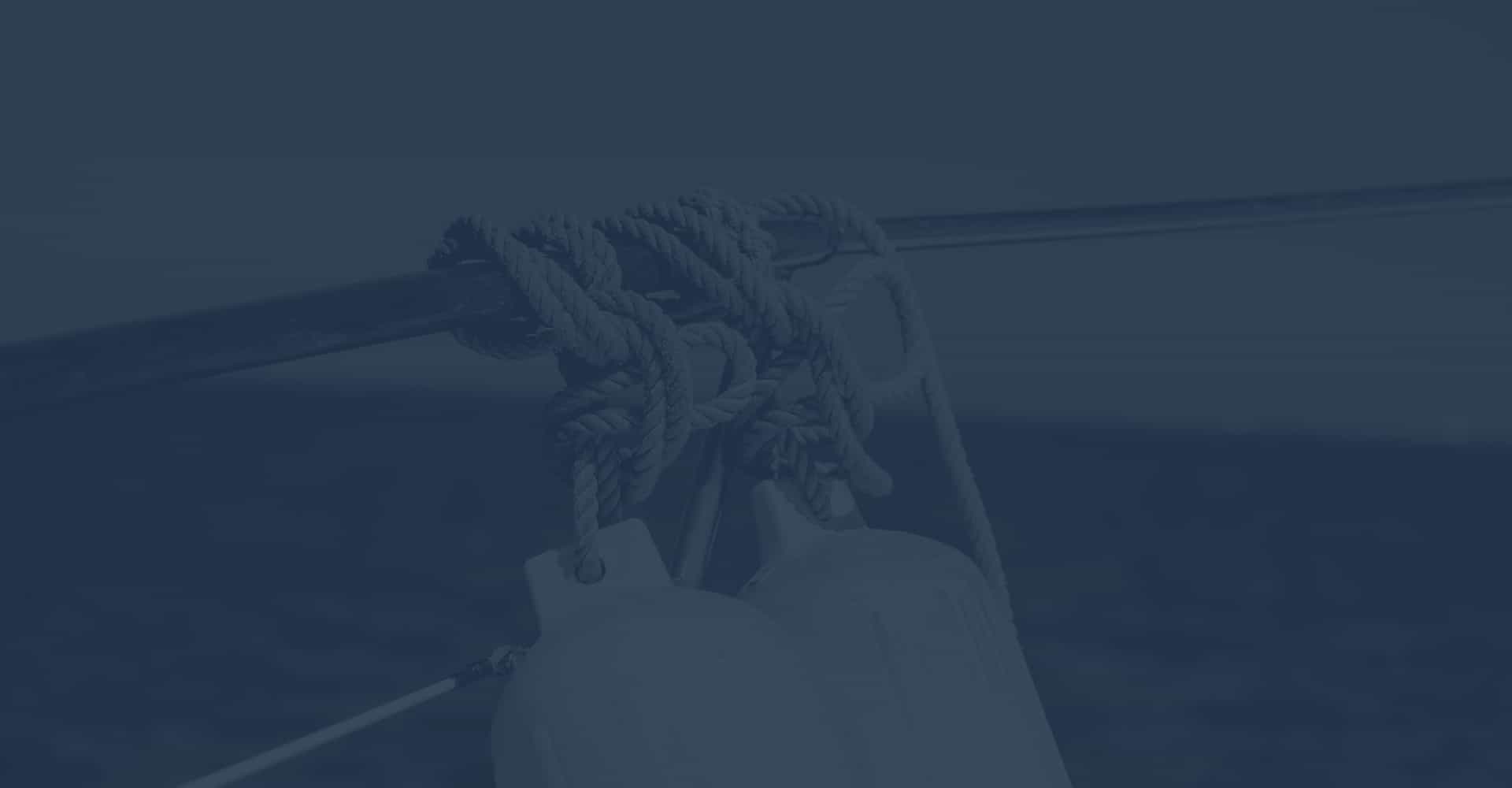
Technologies
Knowledge, understandings and skills involved in the design, development and use of technologies are influenced by, and can play a role in, enriching and transforming societies and our natural, managed and constructed environments. Students manage projects, independently and collaboratively, from conception to realisation. They apply design and systems thinking and design processes to investigate ideas, generate and refine ideas, plan, produce and evaluate designed solutions. They develop their ability to generate innovative designed products, services and environments.
Design and Technology
Design and Technologies actively engages students in creating quality designed solutions for identified needs and opportunities across a range of technologies contexts. Students consider the economic, environmental and social impacts of technological change and how the choice and use of technologies contributes to a sustainable future. Decision-making processes are informed by ethical, legal, aesthetic and functional factors.
Through Design and Technologies students manage projects, independently and collaboratively, from conception to realisation.
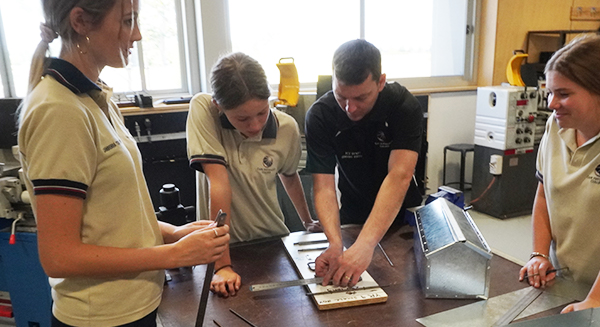
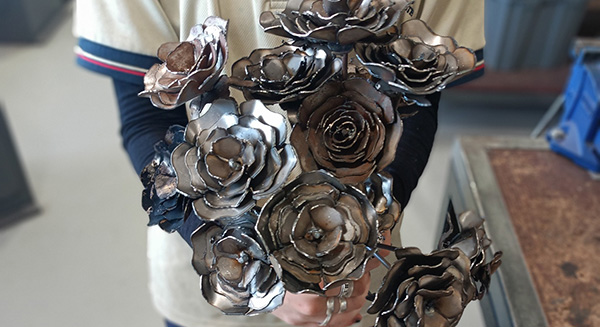
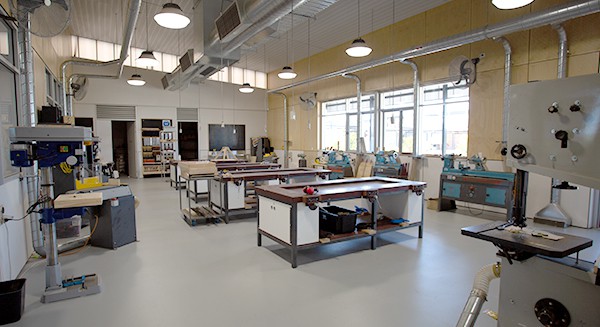
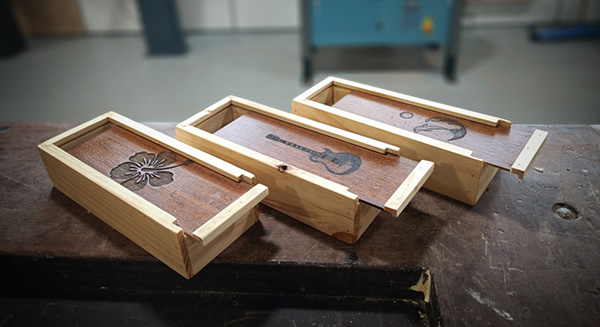
Digital Technologies
Cape Naturaliste College offers an exciting Digital Technologies programme based around the Australian Technologies Curriculum that allows students the flexibility to take control of their own learning while fostering the importance of creativity, critical thinking, meta-cognition and ongoing autonomous learning.
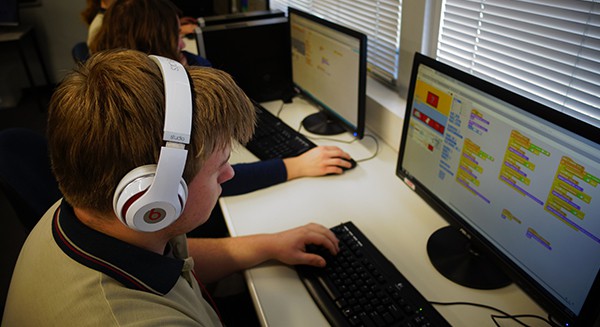
Year 7
Year 8
Year 9
Year 10
Year 11 and 12
Curriculum Links
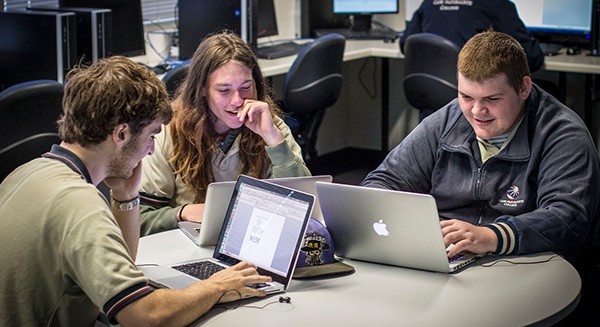
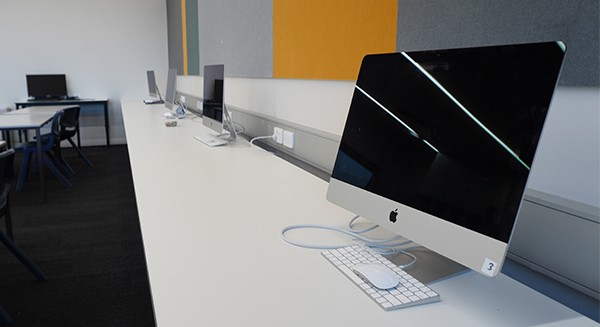
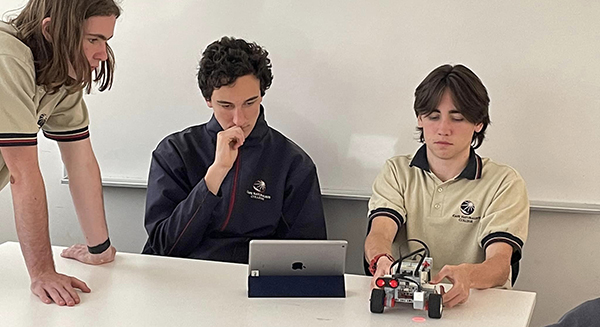
Home Economics
At Cape Naturaliste College Home Economics is a vibrant, busy, dynamic and popular subject. Our aim is to provide students with valuable life skills they can use daily and for future employment. Home Economics forms part of the Technology and Enterprise subject area.
Our overall mission is to encourage sustainability and good budgeting to enable students to gain transferable skills whereby they can adapt recipes at home, be creative in both foods and textiles, and maintain a happy and healthy lifestyle.
All year 7 students participate in a short introductory foods course, which allows them to develop the initial skills necessary for all classes. If students choose to continue studying this subject they will progress their skill level each year.
Classes are based on practical activities, which complement their learning in the theory lessons.
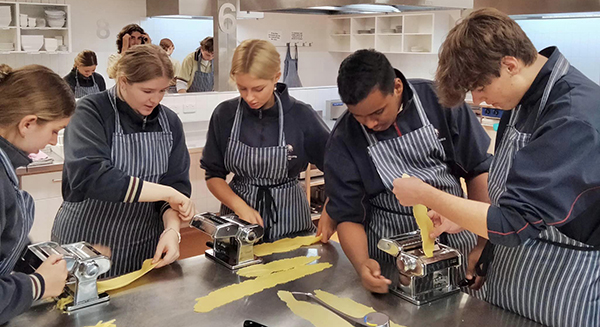
Year 7
Year 8
Year 9
Year 10
Year 11 and 12 Food Science and Technology - General
